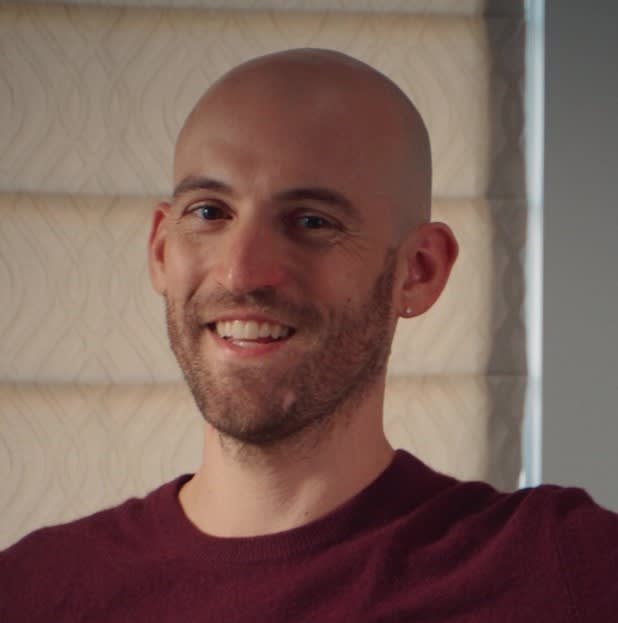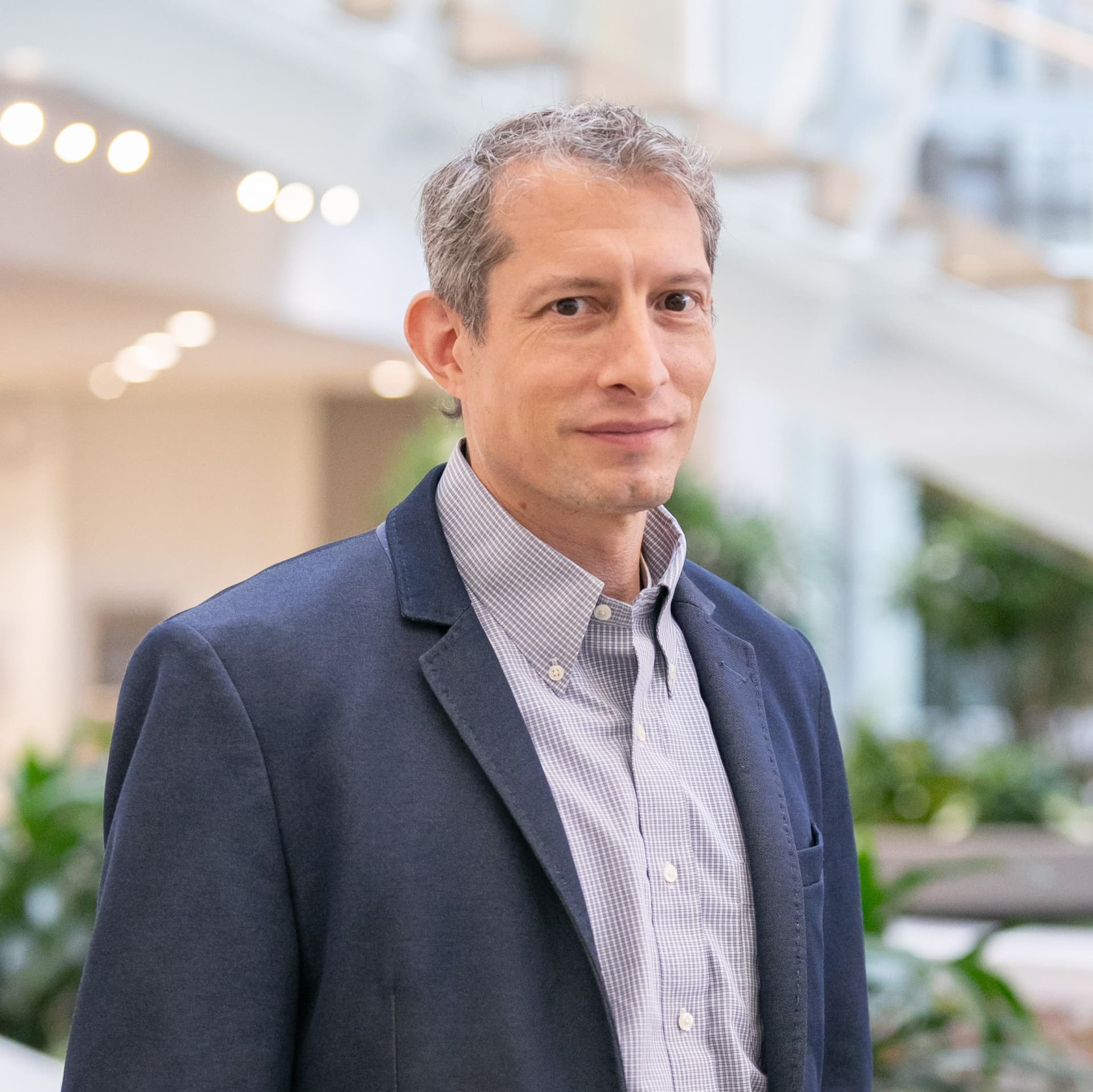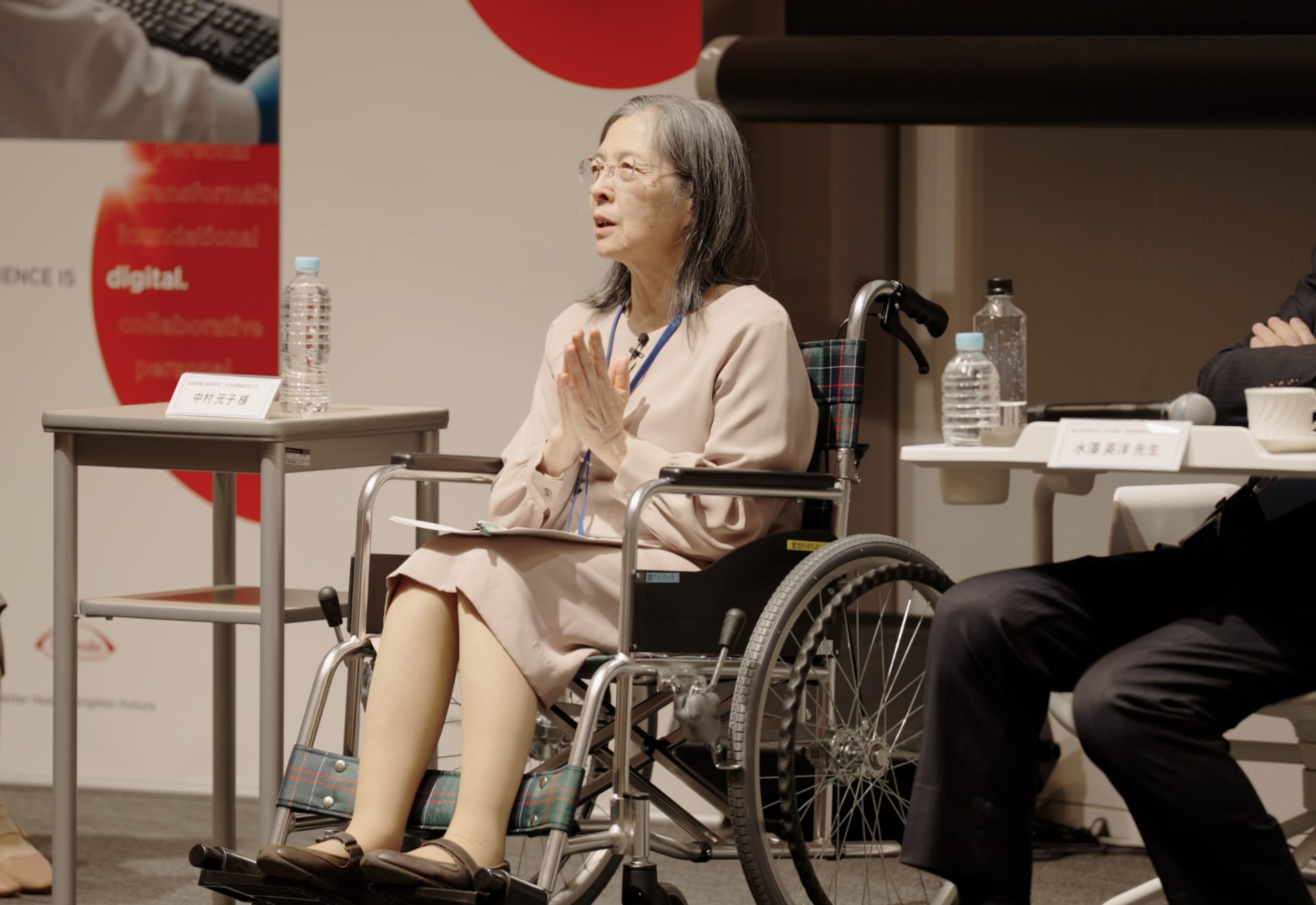The true burden of celiac disease: Bill’s journey | Takeda Stories

The true burden of celiac disease: Bill’s journey
This article includes real-life patient experiences sharing their own words without any influence from third parties. Individual experiences may vary. This information is available to the general public for informational purposes only; it should not be used for diagnosing or treating a health condition or disease. It is not intended to substitute for consultation with a health care provider. Please consult your health care provider for further advice. Bill is a paid speaker for Takeda.
Watch the 3-minute video on this page to hear more from Bill about his journey with celiac disease.
“It took about eight months for me to realize that something was wrong.”
Like many people living with celiac disease, Bill wasn’t sure what was happening when his symptoms first appeared. What started as mild diarrhea soon worsened into severe abdominal pain and chronic gastrointestinal issues that made it difficult to live a normal life.
Medical tests eventually determined Bill has celiac disease, an immune-mediated condition where ingestion of gluten leads to damage in the small intestine.1,2 The only treatment option currently available for patients is a lifelong adherence to a strict gluten-free diet.3

Bill, a person living with celiac disease

As a practicing gastroenterologist, Dan often hears frustration from patients with celiac disease about diet being their only option. “This is an area that is ripe for innovation, and finding new ways to address unmet patient needs is what drives everyone at Takeda. That drive is key to our 240-year heritage of innovating for patients.”
Bill is concerned that he is hurting his body in a long-term and permanent way despite trying the best he can: “For people living with celiac disease, the gluten free-diet is not enough — what we really need is a treatment.”
References
- Ludvigsson JF, et al. Gut 2013;62:43–52.
- Caio G, et al. BMC Med 2019;17:142.
- Rubio-Tapia A et al. Am J Gastroenterol 2023;118:59-76.
- Leffler DA et al. Value Health 2017;20:637-643.
- Al -Toma A et al. United European Gastroenterol J 2019;7:583-613.34
Takeda does not have any product approved for the treatment of celiac disease at the time of this publication.
Share this story



